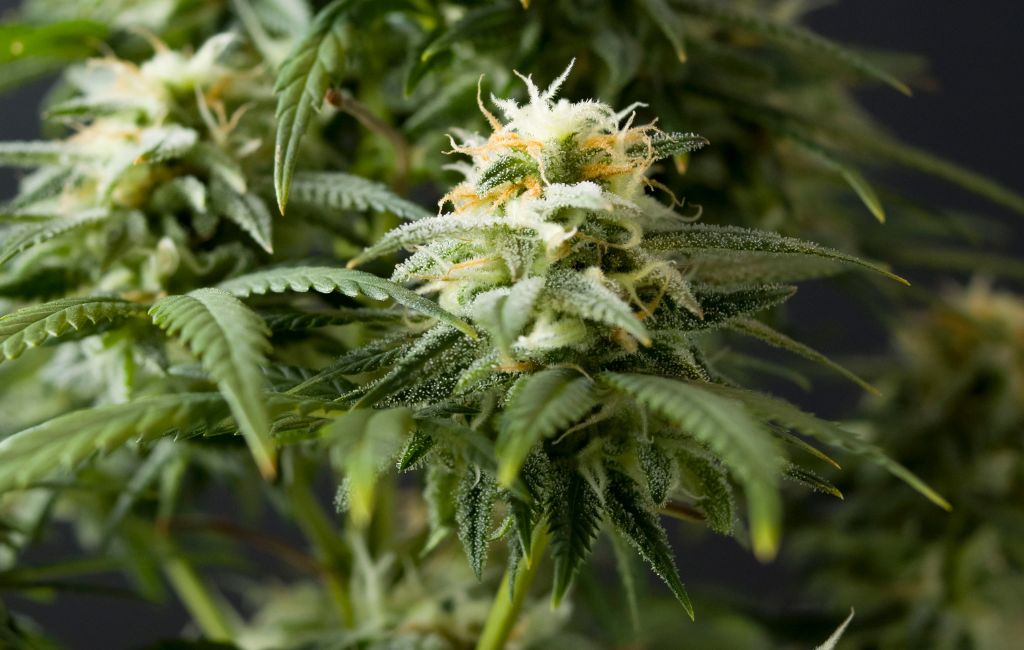The conversation around cannabis has evolved significantly over the past few decades. Once stigmatized, this plant is now being recognized for its potential benefits across various sectors. From medical applications to economic impacts, the exploration of weed benefits is gaining momentum.
The Medical Potential of Cannabis
One of the most discussed aspects of cannabis is its medical potential. Research has shown that cannabis can be beneficial in treating a variety of health conditions. This has led to a growing acceptance of its use in the medical community.
Pain Management
Cannabis has been found to be effective in managing chronic pain. Studies indicate that cannabinoids, the active compounds in cannabis, interact with the body’s endocannabinoid system to reduce pain and inflammation. This makes it a promising alternative for patients who suffer from conditions like arthritis, fibromyalgia, and multiple sclerosis.
Neurological Disorders
Research suggests that cannabis may have therapeutic effects on neurological disorders. For instance, cannabidiol (CBD), a non-psychoactive compound in cannabis, has been shown to reduce seizures in patients with epilepsy. The FDA has even approved a CBD-based medication for this purpose.
Mental Health
While the relationship between cannabis and mental health is complex, some studies suggest that it can help alleviate symptoms of anxiety and depression. It’s believed that cannabis can influence serotonin levels in the brain, which play a role in mood regulation.
Economic Impacts of Cannabis Legalization
The legalization of cannabis has had significant economic implications. As more regions embrace legal cannabis, the industry continues to grow, creating jobs and generating tax revenue.
Job Creation
The cannabis industry has become a major source of employment. From cultivation to retail, the demand for skilled workers is on the rise. This has provided new opportunities in regions where traditional industries have declined.
Tax Revenue
Legal cannabis sales have generated substantial tax revenue for governments. These funds are often allocated to public services such as education, healthcare, and infrastructure, benefiting communities at large.
Environmental Considerations
Cannabis cultivation can have both positive and negative environmental impacts. Understanding these effects is key to promoting sustainable practices within the industry.
Sustainable Farming Practices
Some cannabis growers are adopting sustainable farming practices to minimize their environmental footprint. This includes using organic fertilizers, implementing water conservation techniques, and reducing energy consumption through the use of renewable energy sources.
Challenges in Cultivation
Despite efforts to promote sustainability, cannabis cultivation can pose environmental challenges. Indoor growing operations, for example, require significant energy for lighting and climate control. Addressing these challenges is critical for the industry’s long-term sustainability.
Social Implications of Cannabis Use
The social implications of cannabis use are multifaceted. As societal attitudes shift, it’s important to consider both the positive and negative aspects of cannabis consumption.
Changing Perceptions
Public perception of cannabis is changing as more people become aware of its potential benefits. This shift is reflected in the increasing number of regions that have legalized cannabis for medical and recreational use.
Potential Risks
While cannabis has potential benefits, it’s not without risks. Concerns about addiction, impaired driving, and mental health effects remain. Educating the public about responsible use is essential to mitigate these risks.
Conclusion
The exploration of cannabis benefits is a dynamic and evolving field. From medical applications to economic impacts, the potential of this plant is vast. As research continues and societal attitudes shift, the understanding of cannabis and its benefits will likely expand further. Embracing this knowledge can lead to more informed decisions and policies that maximize the positive impacts of cannabis while addressing its challenges.
